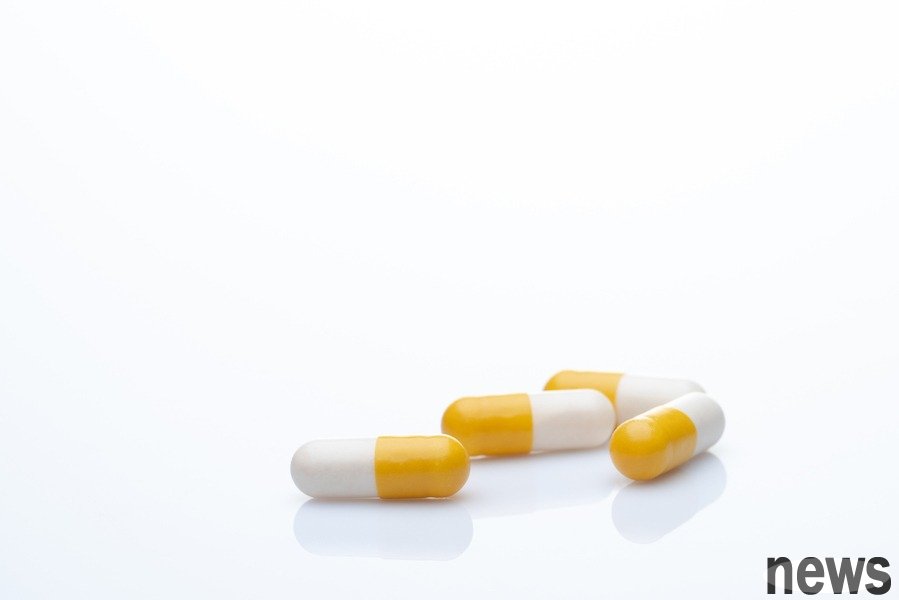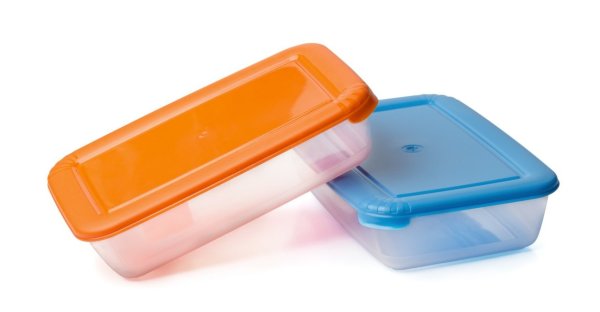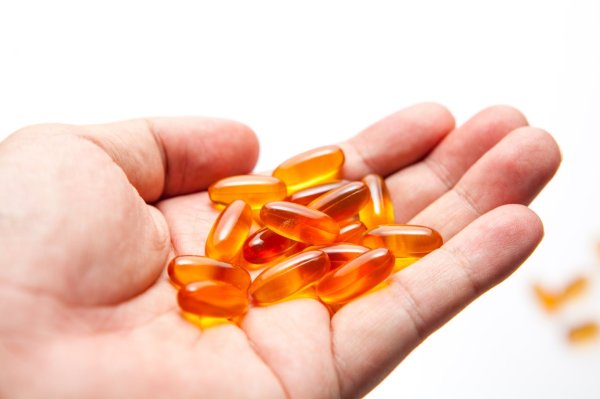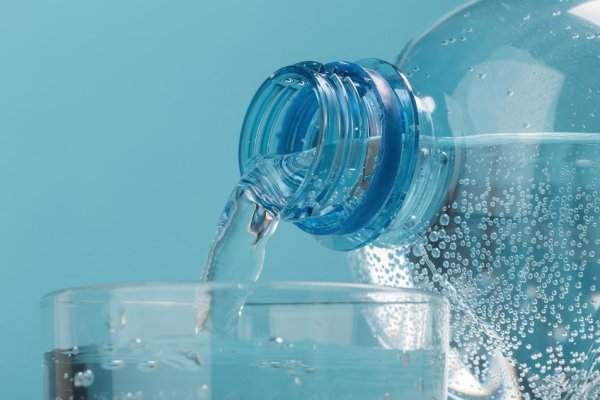Why does the EU still limit the claim that probiotics are good for health? Professor: Insufficient scientific certificates

I have published more than 20 articles on probiotics, from the hype of the earliest probiotics to the latest probiotics to the fattening of the latest probiotics? National Taiwan University’s patented formula? . In these articles, I have repeatedly emphasized that although probiotic practitioners are frosted and frivolous, blowing can reduce fat, protect the kidneys, resist depression, enhance immunity, etc., these so-called probiotic effects or efficacy have never been proven.
Reader Elliot 2025-5-14Talking and Realistic Comments on Probiotics: Even if the industry travel says that the group organization is under pressure, the general relaxation of English is the country, and the collective hype in the Taiwanese, Japanese and Korean markets, I will review it in 2025. The European Food Safety Bureau EFSA (the supervision is similar to the US FDA + USDA + EPA – medicines) still maintains restrictions on the recognition of the term "probiotics" , and the reason is that scientific evidence (actually) is not enough to mark "probiotics" (tout it).
The link attached to the message opened an article published on the Food Navigator website. This website focuses on "Food and Drink Development and Technology News and Analysis". Its article published on 2025-1-15 is Why the EU Still Restricts ‘Probiotics " Claims (why the EU still restricts "probiotics" sound).
Although this title uses "restrictions" rather than "bans", it is only because several European Union member states (such as Italy, Spain, France, the Czech Republic) allow the term "probiotics" to be used under certain special circumstances, such as describing strains and their history of use for tract health. However, despite such a slight relaxation, these countries still do not allow such products to have a healthy voice.
"Probiotics" are translated from Probiotic, which means "benefiting life". Therefore, whether in Chinese or English, "probiotics" represent "bacterials that are beneficial to life", and this is where the end of the disease is.
Although &ldquo "Probiotics&rdquo" has been well-known in the United States and has been deemed for granted in English science, it has never been formally defined by any government official or medical/scientific community.
Food Farming Organization (FAO) and WHO jointly published Probiotics in food: Health and Nutritional Properties and Guidelines for Evaluation in 2006.
This report is 56 pages long, and there are a few sentences on page 8: Obviously, these definitions have: (1) limit the use of the probiotic word to products containing live microorganisms; (2) indicate that sufficient doses of probiotics are required to achieve the desired effect.
This report contains several sentences on page 13: When using probiotic microorganisms to bring health benefits to the host, the dosage regimen and duration must be stated, which are recommended by the manufacturer of each strain or product based on scientific certification and approved by the sales state. Although this practice has not been implemented yet, it is strongly recommended that each product defines the minimum daily intake required to produce a specific health benefit. These evidences should be from exogenous, animal (if applicable) and human studies as much as possible.
So, based on this report, the European Food Safety Bureau believes that if a manufacturer wants to label "probiotics" on the product, it must be able to prove that the product "can bring health benefits to the host." However, since manufacturers have never had a way to prove that their products "can bring health benefits to the host", the European Food Safety Administration will not allow them to label "probiotics" on their products, and in this case, the so-called probiotic products can only be labeled as "Live cultures", "Live bacteria", "Fermented milk" or "Yoghurt".
Unfortunately, neither the FDA in the United States nor Taiwan is as strict as the European Food Safety Bureau. Not only does it allow manufacturers to legally label "probiotics", but it also slights the eyes to allow them to illegally call their effects and regular effects (Note: Both the United States and Taiwan clearly stipulate that health care products cannot be called regular effects, but the law is weak and powerless).
Original text: The European Union prohibits labeling "probiotics"Editor: Gu Zihuan














